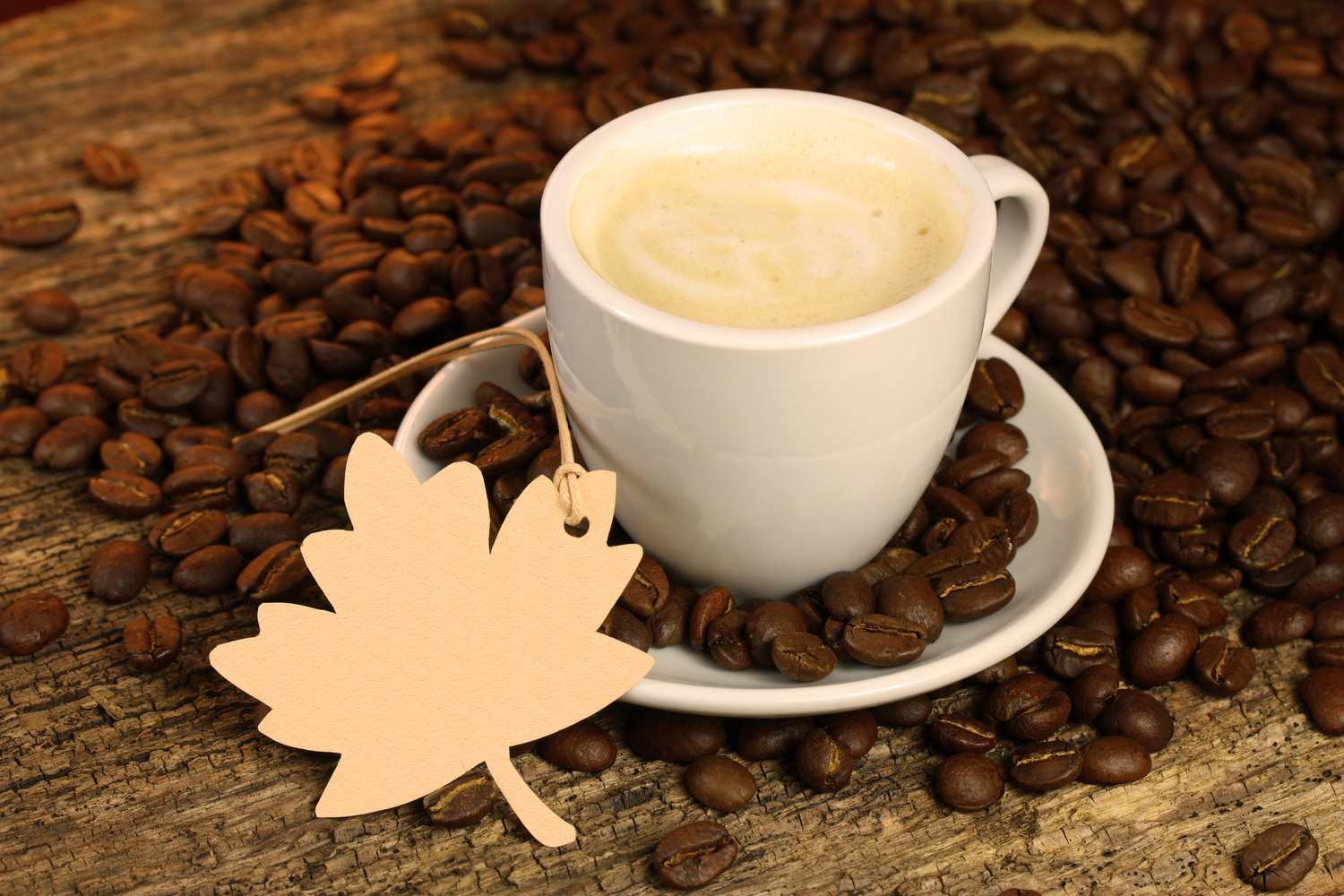
Foods That Can Cause Iron Anemia
Anemia is a disease that occurs as a result of a lower concentration of red blood cells in the bloodstream. There are a couple of other factors that aggravate your chances of getting anemia. Some of these factors include loss of blood, damage in the red blood cells, or lack of iron in your body.
Iron deficiency anemia is one of the most common anemia types. Lack of iron means less hemoglobin production and thus poor oxygen distribution throughout the body. Symptoms of iron deficiency anemia range from fatigue, feeling weak and dizzy, fast heartbeat, irregular breathing, and a sore tongue. There are several causes of iron deficiency anemia which include:
- Loss of blood
- Little or no presence of iron in your diet
- Heavy menstrual cycle
- Pregnancy
- Disorders that limit your ability to absorb iron
One of the solutions to managing iron deficiency anemia is having a tremendous iron-leaning diet. However, some meals can negatively affect your iron levels, further risking your getting anemia. Here are foods that can contribute to iron deficiency anemia:
1. Tea and coffee
When taken in large quantities, tea and other caffeine forms can affect your body’s ability to absorb iron. Tea and coffee contain phenolic compounds that bind with iron, reducing how well your body can absorb iron. While taking tea is not prohibited for anemic patients, limiting their tea intake or increasing the intervals between taking tea and other meals is best.
2. Dairy products
Regardless of how healthy drinking milk can be, too much milk or any other dairy product can lead to a shortage of iron, especially in young children. These products compete with your body for iron, and thus when taken in large amounts, will take out iron, inhibiting your children’s iron levels. The effects are more prevalent in kids more than six months old. It is best to feed dairy products such as milk only at designated meal times and always accompany milk with food sources rich in iron. Maintaining your child’s intake of cow milk to at least two cups of milk or glass in the mornings and evenings helps keep high iron less in the body.
3. Foods rich in tannins
Tannin is a compound found in some foods and beverages that cause an astringent flavor and pack several wholesome benefits for your mind and body. Tannins are renowned for the pairing abilities that allow them to bind to other meal occurring minerals. That characteristic, however, makes foods rich in tannins prevent the absorption of iron into the bloodstream. Tannins lower the amount of iron in the body way before its absorption starts thus affecting your iron levels. Some of the foods and drinks that contain tannins include:
- Wine
- Black tea
- Some herbal teas
- Legumes such as chickpeas, black beans or kidney beans
- Nuts such as almonds, walnuts and more
- Corn
- Barley
- Strawberries
- Apples
4. Phytates or phytic acid rich foods
Another compound of food that binds to minerals inhibiting their absorption into the blood, is the phytate. Phytates and Phytic acid primarily put pregnant women at more risk of developing iron-deficiency anemia. Some of the minerals that latch onto phytate compounds include iron, magnesium, calcium and zinc. Phytates or phytic acid rich food include:
- Beans
- Plant seeds
- Grains
- Nuts



